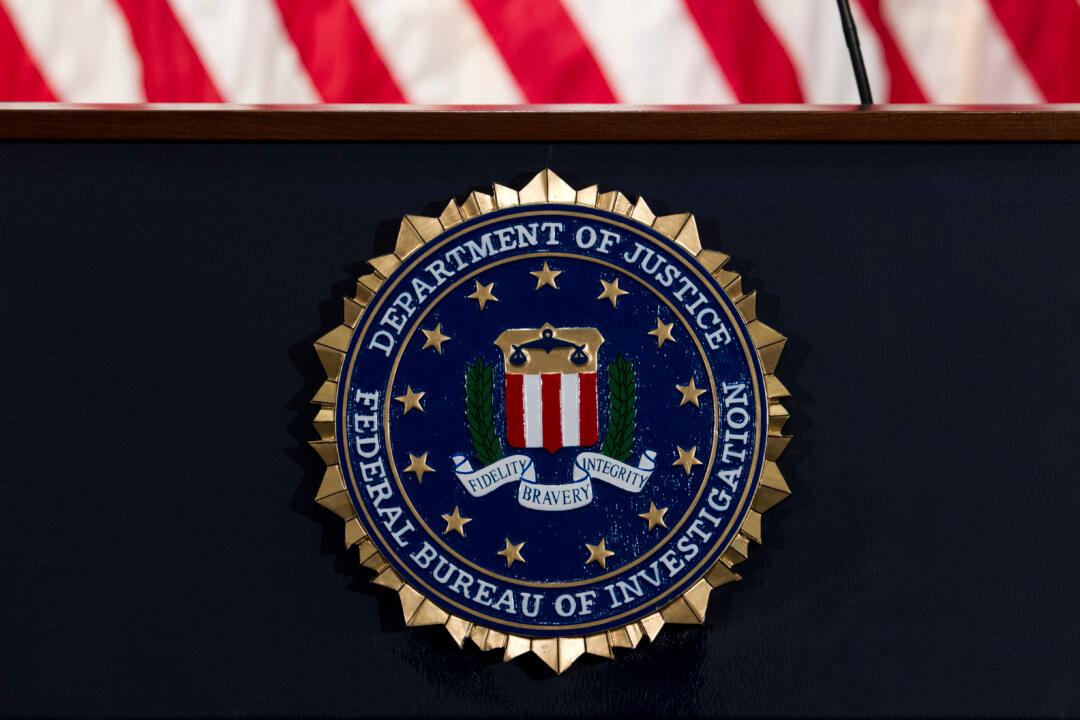A federal judge has issued a temporary restraining order against the FBI, blocking the agency from using civil asset forfeiture procedures to seize the property of four customers of a Beverly Hills safe deposit box company that the FBI raided in connection with a criminal probe.
In the June 22 restraining order (pdf), U.S. District Judge R. Gary Klausner faulted the FBI for “inadequate forfeiture notices” sent to individuals who had property in safe deposit boxes operated by U.S. Private Vaults (USPV), which the agency raided on March 22 and claimed in subsequent court filings was at the center of a criminal conspiracy involving drugs and money laundering.





